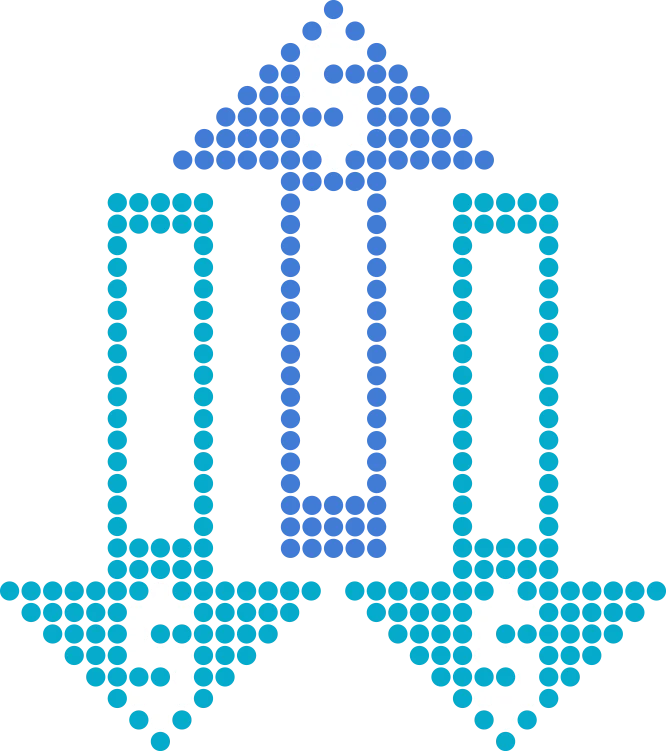What is a Credit Union?
A credit union is a not-for-profit financial institution that accepts deposits, make loans, and provides a wide array of other financial services and products. Deposits are insured by the National Credit Union Share Insurance Fund, which is managed by The National Credit Union Administration, commonly referred to as NCUA. Backed by the full faith and credit of the United States, the Share Insurance Fund insures the accounts of millions of account holders in all federal credit unions and the vast majority of state-chartered credit unions. The standard share insurance amount is $250,000 per share owner, per insured credit union, for each account ownership category.
Although they offer many of the same products and services as other financial institutions, credit unions have some distinguishing characteristics that make them unique:

Member-Owned
YOU ARE MORE THAN A MEMBER,
YOU ARE PART OWNER.
Credit unions are owned and controlled by the people, or members, who use their services.
Your vote counts. A volunteer board of directors is elected by members to manage a credit union.
NOT-FOR-PROFIT
Credit unions operate to promote the well-being of their members.
Profits made by credit unions are returned back to members in the form of reduced fees, higher savings rates and lower loan rates.




























Membership
Members of a credit union share a common bond, also known as the credit union’s “field of membership.”
You may be able to join based on your:

Many employers sponsor their own credit unions.

Most credit unions allow members' families to join.

Many credit unions serve anyone that lives, works, worships or attends school in a particular geographic area.

Membership in a group, such as a place of worship, school, labor union or homeowners' association may qualify you to join.
Community
Involvement
Members often have shared interests and appreciate participating in an institution designed to help other members.
Credit unions may provide:
- financial education and outreach to consumers;
- in-school credit union branches; and
- small business needs.






Cooperative

The cooperative structure of credit unions creates a cycle of mutual assistance towards the common goal of the financial well-being of members.
One member’s savings becomes another member’s loan.
Connect















